Erwin Hahn Lecturers
Plenary Speakers
Paul Callaghan Award Finalists
Educational Lecturers
Invited Speakers in Scientific Sessions
Invited Speakers in Scientific Sessions
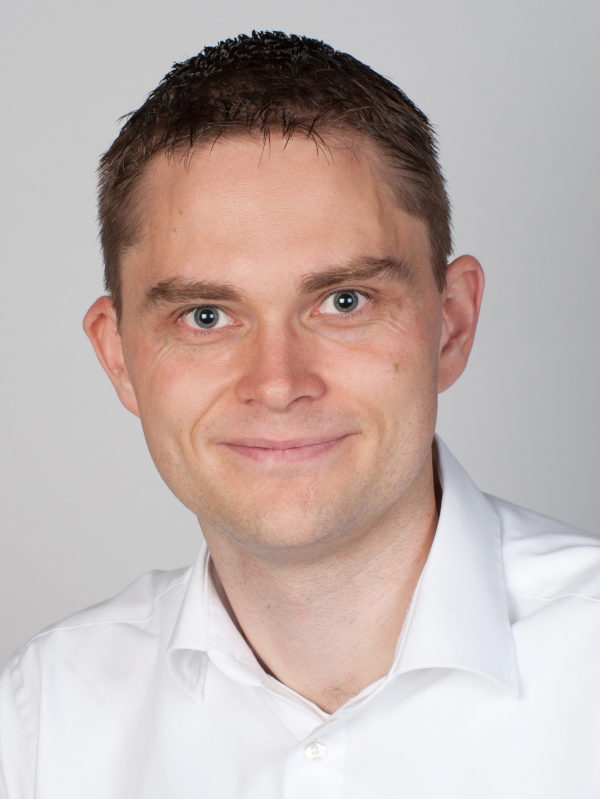
Jens Anders received his MSc degree and his Dipl.-Ing. degree, both in electrical engineering, from the University of Michigan and the Leibniz University Hannover in 2005 and 2007, respectively. In 2011, he obtained his Ph.D. in Microsystems and Microelectronics from the École Polytechnique Fédérale de Lausanne (EPFL). From 2013 until 2017, he was an Assistant Professor at the University of Ulm. Since 2017, he has been a Full Professor and the Director of the Institute of Smart Sensors at the University of Stuttgart. Since 2022, he has also been the Co-Director of the Institute for Microsystems Stuttgart (IMS CHIPS). Doctor Anders is the author/co-author of more than 200 conference and journal publications, several international patents, as well as several books and book chapters. Doctor Anders’ research interests include mixed-signal circuit design for sensing applications with an emphasis on biomedical sensing and quantum sensing, focusing on new techniques for spin manipulation and detection.
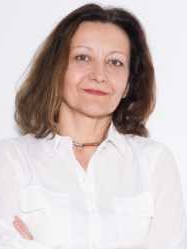
Ljudmilla Borisjuk is a Privatdozentin heading the Assimilate Allocation and NMR research group at the Leibniz Institute of Plant Genetics and Crop Plant Research (IPK) in Gatersleben, Germany. Supported by an ERDF grant, she has established a dedicated NMR platform for plant research at the IPK. Her studies focus on the complex processes of plant development, with a particular emphasis on seeds. Over the past 15 years, she has developed advanced techniques to show how seeds grow, take up nutrients and convert them into storage compounds. This work has positioned MRI as a transformative, non-invasive tool in seed science, deepening our understanding of plant physiology and inspiring new solutions for crop improvement.
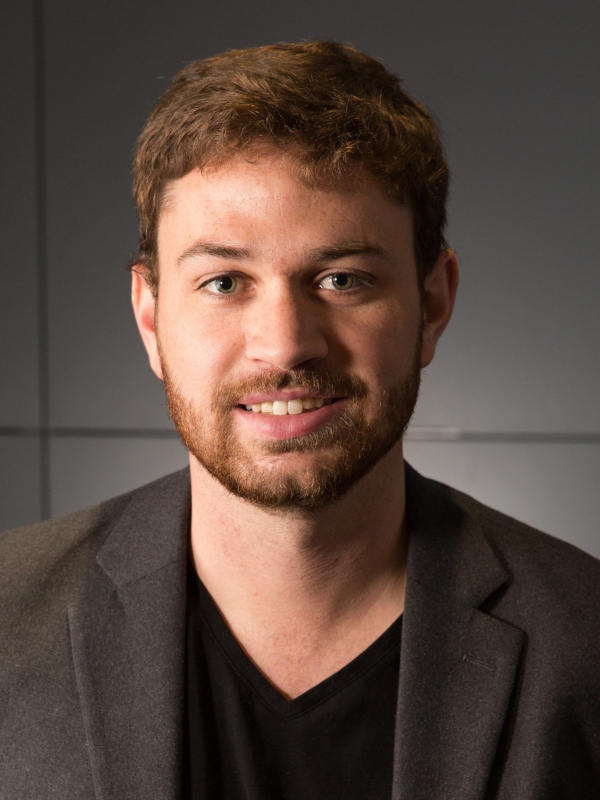
Chris Boyce is an associate professor chemical engineering at Columbia University, where his research focuses on the physics of multiphase and granular flows. He received his bachelor’s degree in chemical engineering and physics from MIT and then studied at the University of Cambridge as a Gates Cambridge Scholar, where he received the Dankwerts-Pergamon prize for the best PhD thesis in chemical engineering. After his PhD, he held postdoctoral research positions at Princeton University and ETH Zurich. His honors and awards include being named to the Forbes 30 Under 30 List in Science, being honored with the Sabic Young Professional Award from the AIChE for outstanding contributions to particle technology and being recognized with the NSF CAREER Award and the ONR Young Investigator Program Award.
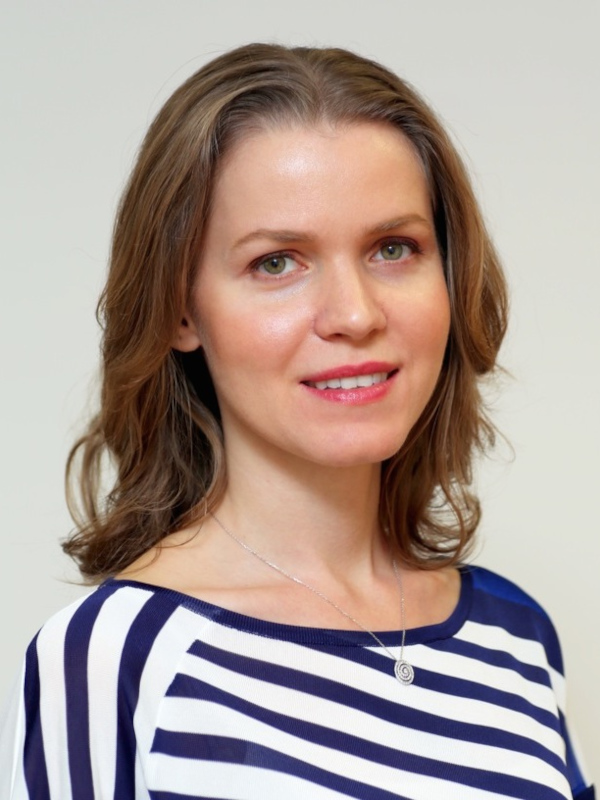
Emine Ulku Saritas is an Associate Professor of Electrical and Electronics Engineering at Bilkent University, and is the chair of ISMRM Turkish Chapter. She received her PhD degree in Electrical Engineering from Stanford University in 2010, on high-resolution diffusion-weighted MRI. Before joining Bilkent in 2013, she worked on magnetic particle imaging (MPI) systems during her postdoctoral research at University of California, Berkeley. Her research focuses on developing novel biomedical imaging techniques, contrast mechanisms, and image reconstruction methods, as well as the safety limits of magnetic fields used in medical imaging systems.
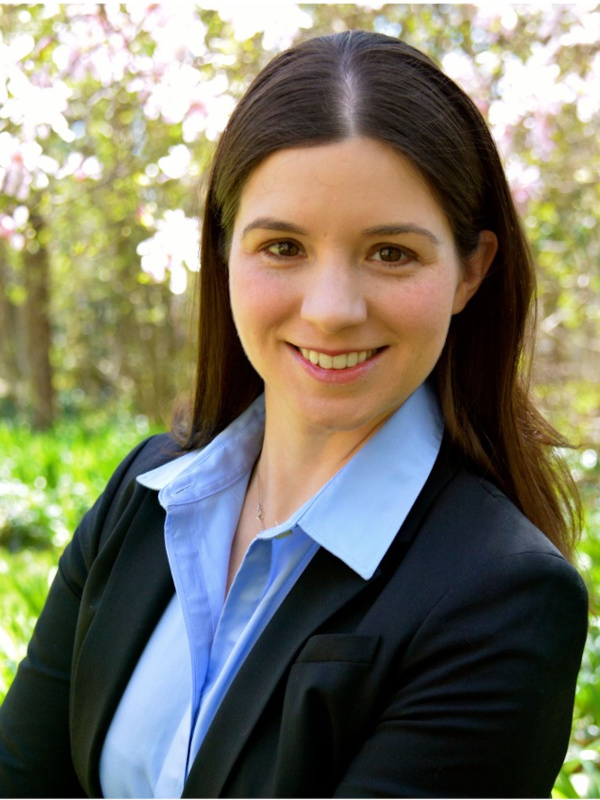
Nicole Seiberlich is the Co-Director of the Michigan Institute for Imaging Technology and Translation, the endowed Research Professor of Cardiovascular Imaging, and Professor of Radiology, Cardiology, and Biomedical Engineering at the University of Michigan in Ann Arbor. She received her BS in Chemistry from Yale University in 2001, and completed her PhD thesis at the University of Würzburg on the topic of novel Magnetic Resonance Imaging techniques in 2008. Nicole has served as a member of the Board of Trustees for both the International Society for Magnetic Resonance in Medicine and the Society for Cardiovascular Magnetic Resonance, and served as the Program Chair for the ISMRM Annual Meeting in 2021. She has recently been elected to the Vice-President Elect position of the ISMRM. She has published more than 100 peer-reviewed manuscripts on the topics of rapid, quantitative, and low-field MRI, and has given more than 140 invited lectures, including the ISMRM/NIBIB New Horizons Lecture. In addition to her professional activities, she has won a number of awards for teaching and mentorship, including the CWRU Diekhoff Award for Excellence in Graduate Mentorship and the ISMRM Outstanding Teacher Award.
